Assessment Map
Welcome to the MOUD Hub. If you need help figuring out where to start, follow this quick assessment.
“I have started MOUD and want to continue working to maintain this change.” Now that you are stable on MOUD, let’s look at the other areas that may need support to make this change sustainable.
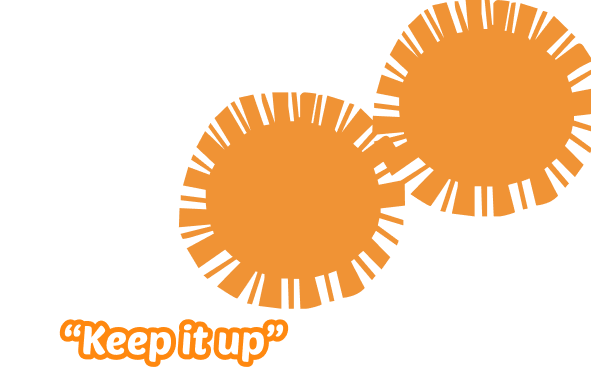
There are numerous apps out there that can help you keep track of your progress and it’s all about finding the right one for you! We have compiled a list of those we know with a brief description to help you choose, but please do share with us here if you are using another one that you have found helpful so we can share with everyone.
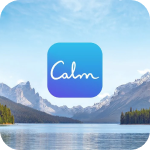
Mindfulness has been found to be helpful in recovery. The Calm App can be helpful in getting you started on your journey.

I am Sober is a social networking app for those in recovery that can assist in making connections with others.

Nomo is an app that helps you keep track of your recovery, along with tools to help with accountability.
Check in with your MOUD provider and see if they have support groups for others who are taking MOUD. This is a good way to practice accountability and feel supported. Medication-Assisted Recovery Anonymous meetings are also a way to connect with others who are taking MOUD.
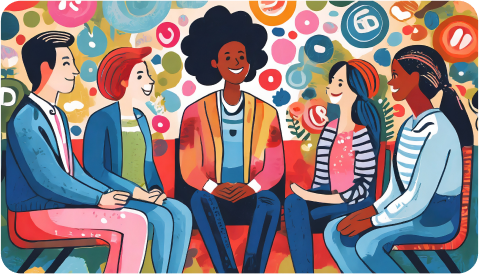
Taking care of your mental health is an important part of recovery. Some MOUD treatment may require you to first engage in some behavioral health treatment, such as one-on-one counseling, intensive outpatient, or group therapy. Speak with your MOUD provider about these options.
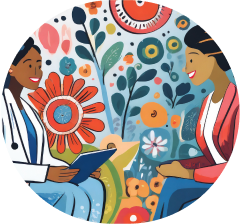

Helps you find a therapist in your area and you can filter by modality, insurance plan, and other specifications to find a therapist right for you

There is another website that helps you find a therapist near you

Find Treatment also helps with finding mental health treatment options near you



Now that you have been in treatment, life might seem a bit different. Now is a great opportunity to look into old and new activities that can create pleasure in your life. Here are some resources that can help you find things to do.


This website is helpful in looking to connect with others with similar interests and find activities in your area.
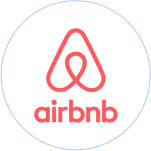
Is a fun resource where you can look at things going on in your area that might be fun and something you haven’t thought of trying before

Dopamine is a neurotransmitter responsible for pleasure and substance use can deplete this. Here are some ways to naturally increase your levels of dopamine and find new ways to make you feel good.

Starting a work out routine and exercising regularly has been found to be beneficial in recovery and sobriety maintenance.

NAMI is an additional resource that can be used: https://www.nami.org/Support-Education/Support-Groups/NAMI-Family-Support-Group
If you need extra support, there are groups such as Al-Anon that you can attend. Al-anon is for family and loved ones of someone who is struggling with substance use.